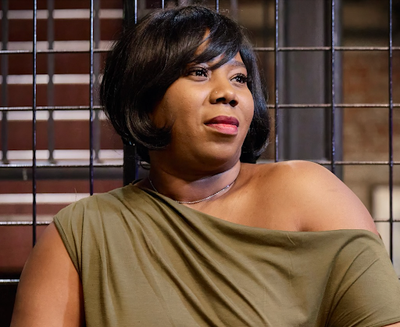For many young adults, the time after school is filled with hope and the anticipation of new opportunities. Ryan, a 20-year-old from Spokane, shares his experience of stepping into adulthood and the challenges he faces. Like many others, his journey highlights both the aspirations and the obstacles young people encounter while trying to find stability and direction.
Finding Direction After Graduation
“The biggest challenge for me was figuring out what I truly want to do and where to find the right information on how things work,” Ryan explains. After finishing school, Ryan was excited to start his career, but quickly realized that the transition to adulthood wasn’t as straightforward as he expected. “It’s not really taught in school—what’s going to happen after,” he explains. Career opportunities may be out there, but they often lack the growth or satisfaction many are hoping to find. Ryan reflects, “You can find jobs, but there aren’t many that really offer a good path forward.”
Many of his peers feel the same—unsure of how to navigate this stage of life without proper mentorship or guidance. Ryan’s experience is all too common, with young adults left to figure out on their own how to balance a career passion, practicality, and stability.
The Importance of Mentorship
Ryan emphasizes the gap in support systems for young people transitioning from school to the working world. “I wish I had more help understanding how to deal with employers and manage my money,” he shares. Practical skills, such as financial management and workplace communication, often aren’t covered in school, leaving graduates feeling unprepared for the realities of adult life. “The hardest part has been figuring out how to get my life started,” he admits, underscoring how much a caring mentor could help. “There just aren’t enough people who care about helping kids transition.”
Ryan believes that if more mentorship programs focused on guiding young adults through these early stages of life, it could make a significant difference, especially for those trying to establish financial independence and career growth.
Financial Independence
One of the biggest hurdles Ryan faces is learning how to manage his finances. “I’m learning as I go, but it would’ve helped to know earlier,” he says, noting that financial literacy should have been a more central part of his education. Ryan stresses that balancing job searching, paying off debt, and planning for the future requires knowledge that many young people are still trying to grasp. Learning how to budget, invest, and save properly are skills he wishes had been taught more clearly in school.
Despite these challenges, Ryan remains focused on building a stable future. He emphasizes the importance of emotional intelligence and financial literacy as key tools that empower young adults to make informed decisions and lay the groundwork for long-term success.
Looking to the Future
Though Ryan faces many challenges, his outlook remains positive. His goals—achieving financial freedom, securing his own home, and building a stable future—are what drive him. “In the next five to ten years, I hope to be one step closer to financial freedom,” he says. Ryan is actively learning more about personal finance and taking steps to build a secure future where he can thrive.
Ryan’s journey serves as a reminder that young adults aren’t lacking ambition—they’re seeking the right tools and guidance to achieve their goals. His story calls for more comprehensive support systems to help young people confidently navigate life after school. Schools, communities, and mentors need to step up and provide the resources necessary for young adults to succeed in the real world.
“The road after graduation isn’t always easy, but with the right support, we can move forward with confidence.” Ryan’s advice to others is simple yet powerful: “Learn all you can about emotional intelligence and financial literacy.” With the right tools, young people like Ryan are ready to overcome the challenges ahead and build a fulfilling life beyond the classroom. His story is not just about personal growth—it’s a call to action for everyone invested in the future of our youth.
